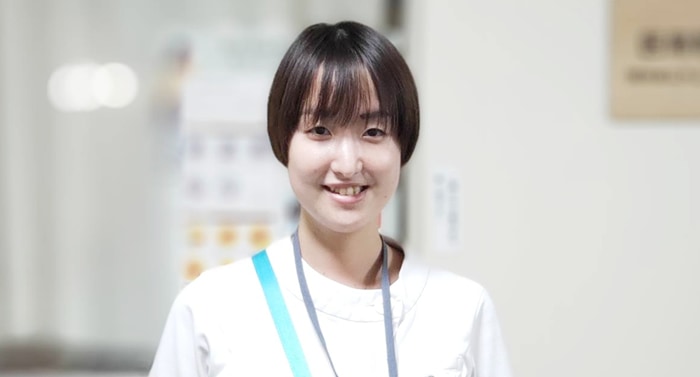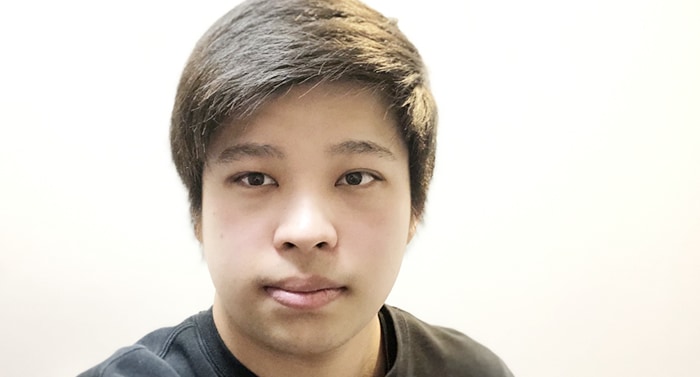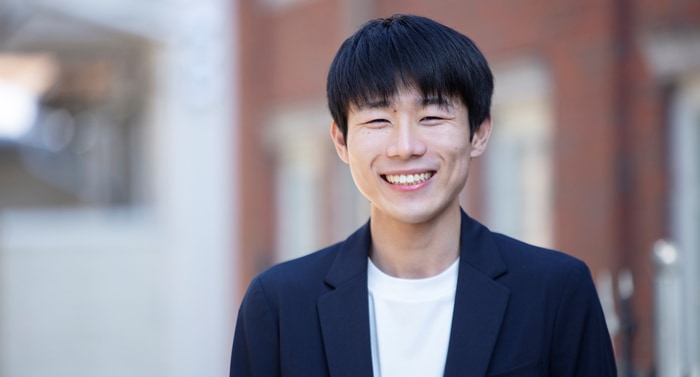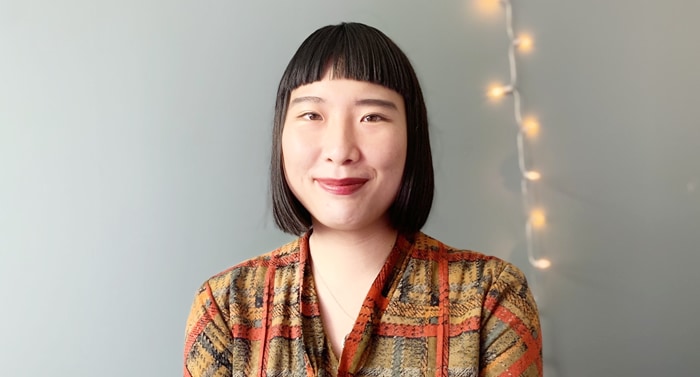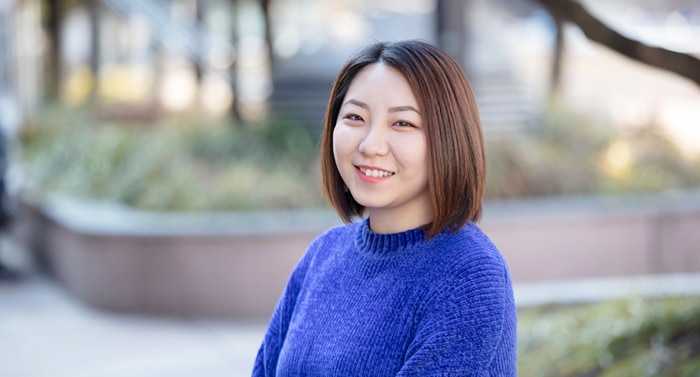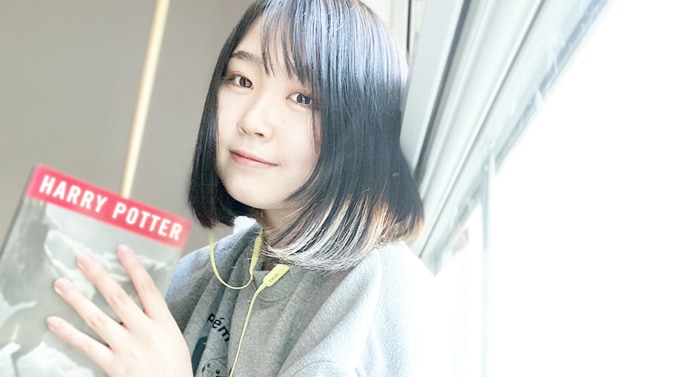子ども達のレジリエンス
CHILDREN’S RESILIENCE
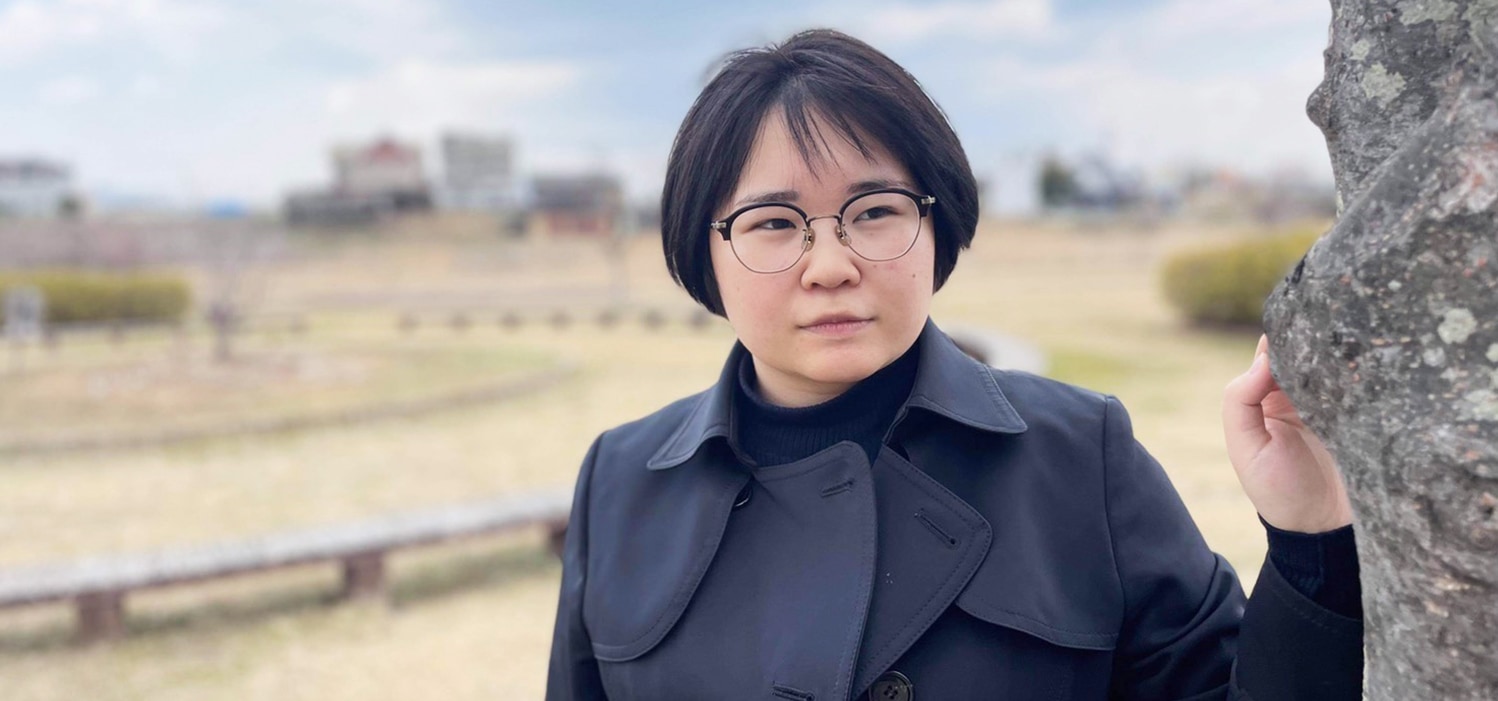
復興を志す02
海外で得た「福島プライド」を、
未来を担う子どもたちに伝えたい、育てたい。
I want to nurture and pass on the “ukushima prid”
I gained overseas to the future generation future generation.
宗像 来海 | 福島県川俣町
Kurumi Munakata(Kamawata, Fukushima)
暗い未来を表す天気
私は中学2年生の時に被災しました。
私は福島県の川俣町出身です。川俣町は福島県の北部にある町で、福島第一原子力発電所から約40キロ圏内にあります。町の一部は避難区域になりました。
地震発生直後、私は一人で家にいるのが怖かったので、家を飛び出して町を徘徊していました。
屋根瓦やガラスが散乱。
驚いたものの、「思ったよりも被害は出ていないな」と思いました。
家に帰る途中で、厚い雲が町を覆い雪が降ってきたのを覚えています。
いつもより町が暗く見えました。
「地震の後に急に雪が降って寒くなるなんて嫌だな」と思った反面、
当時の私は呑気なことに、「あんな大きな地震でも、家は潰れないんだな」と思っていました。
余震も大きく、揺れている家に入ることは何よりの恐怖だったので、庭で呆然と立ち、体を震わせながら、連絡が取れない両親の帰りを待っていました。
あの寒さと、町を覆う不穏な曇り空、雪が降っていた光景は今でも脳裏に焼きついています。
夜には両親が帰ってきました。人生で一番安心した瞬間でした。
今思えば、あの薄暗く寒い天気は、震災後の福島の行く先を表していたような気がします。
揺れと被災者と原発事故
あの頃の私は、小さな揺れでも敏感に恐怖を感じ、地震が来るたびに庭に飛び出していました。
地震発生後の夜は、数十分ごとに小さな揺れに襲われました。
「余震にしては感覚が短すぎる」と思い、窓から外を見ていたら、大型バスが何台も家の前を通り過ぎていきました。その時の私は、「なぜ何台もの大型バスが?」という疑問よりも、大型バスの揺れに怯え、「もう怖い思いはしたくないのに」と怒りさえ覚えていました。
次の日、家に朝刊が届いていました。
「大地震があったのに新聞って作れるんだな」と感心した覚えがあります。
停電していたため、テレビを見れず、情報を得るありがたみを感じました。浜の方では津波に襲われ、悲惨な状況であることを、新聞の写真を見て理解することができました。
お風呂に入ろうと銭湯に行った時、室内には泥だらけの人がたくさんいました。
そこで前夜のバスの意味がやっとわかりました。浜から避難してきた人達でした。
昨夜の自分が感じた怒りに対する罪悪感に苛まれていた時、原発が爆発した映像がテレビで流れました。
想像もしていなかった出来事に、全く理解ができませんでした。
そこから2日後の3月14日、第3号機が爆発しました。
正午のニュースでその映像を見て、「私たちは福島に住めなくなるのかな」と不安に思いました。
きっかけのアメリカ
その後、私は県内外には引越しせず、線量計を身につけながら登校する日々を送っていました。
福島は「フクシマ」と呼ばれるようになり、汚らわしいかのようなイメージが定着してしまったなと、中学3年生ながら感じていました。
「福島の人が、避難先など各地で差別的発言をされている」
そんなニュースを尻目に、「私たちは何も悪くないのに」と思いながら、
高校1年生の冬、Support Our Kidsのホームステイプログラムで、アメリカへ2週間、行かせていただくことになりました。
アメリカに行く前は、福島出身というだけで暴言を吐かれたり、嫌悪感を抱かれたりしないか、とても心配しました。
しかし、そんな気持ちとは裏腹に、アメリカでは「福島は大丈夫だったか」と心配され、ホストファミリーや現地の学生達に温かく迎えてもらったことを鮮明に覚えています。
アメリカ滞在中に、福島の現状を伝える場がありました。
日本で発表の準備をしていた時、あまり福島のことを知らなかったなと気づき、何を伝えたらいいのかと悩みました。
細かいプレゼンテーションの内容は忘れてしまいましたが、ありのままの私の当時の生活や高校の友人にインタビューして、被災地の思いを伝えたような気がします。
拙い英語だったこともあり、伝わっていたかドキドキしましたが、発表後に大勢からの拍手が聞こえてきた時、震災で受けた心の傷が少し癒えたような気がしました。
私の言葉で福島を伝えられた嬉しさから、情報を発信する喜びを感じ、福島と世界を考えるようになりました。
海外で得た福島プライド
そこから、もっと世界を見たいと思い、大学在学中にはオランダに1年間留学し、10カ国以上を旅しました。
どの国の人も「福島出身」と伝えると真剣に話を聞いてくれ、時には、涙する人もいました。
留学中、Yahooの3.11募金の存在を知ったクラスメイトが、「来海を思い浮かべて検索して募金したよ。親にもやるように呼びかけたんだ」と言われた時は、泣きそうになりました。
クリスマス休みの時には、友人の実家にお邪魔して、ご両親と震災の時の体験談や今の福島について何時間も語りました。
ちょうど、BBCが被災地を訪れて、現地を取材しているテレビ番組を見ながら、
(BBCはイギリスの国営放送ですが、オランダでも放映されていました)私の震災の体験談を話していると、友人の両親は涙ながらに、「頑張ってきたんだね。大変だったね。もっと福島に幸せが訪れて欲しい」と言ってくれました。
大学の授業で、「あんなに支援したのに、福島から何も復興の情報がなく、関心がなくなった。放射能も怖い。差別は良くないが、福島に偏見を持ってしまう」と学生から言われたことがありました。その時、「福島を応援してくれる人がほとんどいなくなったのでは」と勝手に心を沈ませていましたが、友人の両親が話してくださったような温かい言葉を聞いて、今でも被災地を応援してくれている人はまだまだいるんだと感じました。
そんな数々の温かい経験を積み重ね、「福島出身であることは恥ずべきものではない。誇りを持って福島出身と言おう」と思えるようになりました。
元々、教員志望で大学に入学しましたが、帰国後の就職活動中に、「発信できる仕事か、教育に関わる仕事をしたい」と考えるようになりました。
海外で得た「福島プライド」を、多くの人に感じてもらいたい。
未来を担う子どもたちに伝えたい、育てたい。
そんな環境を作りたい。
そう強く思うようにもなりました。
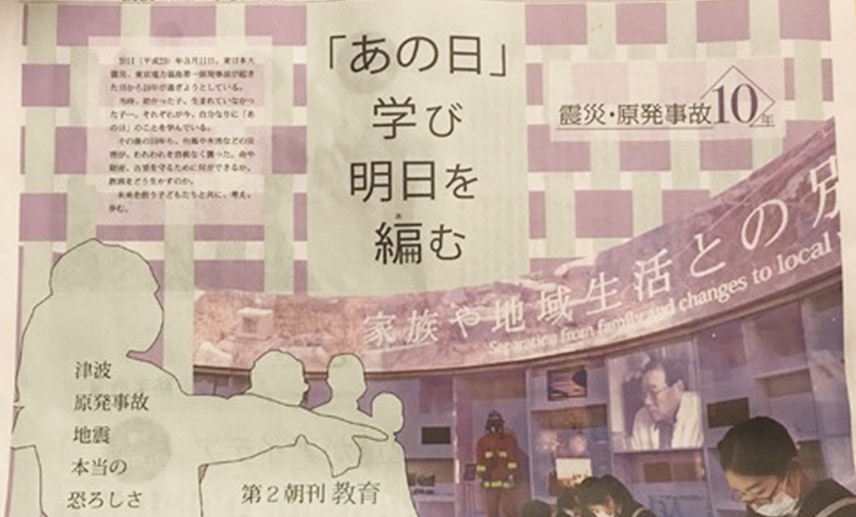
「『あの日』学び明日を編む」
私は現在、地元の新聞社で働いています。
地元の新聞社に入社した理由は、福島で福島のために働きたかったからです。
東京で地域創生の取り組みを行っている広告会社にも興味ありましたが、福島のために働くなら、福島で働きたいと思いました。
また、新聞という媒体で県内外に情報を発信できるので、自分がやりたいことと合っているとも感じました。
新聞社では、編集局の整理部に所属しています。主な仕事内容は、記事を読んでニュースの価値を考えて見出しをつけ、写真の大きさなどを決めて紙面のレイアウトを行うことです。
今年の1月3日の朝刊で「震災と教育」というテーマで紙面を制作しました。
当時、まだ幼くて震災を覚えていない子や経験していない子たちが、震災を学び、教訓をどう生かすのかを考えていくという内容でした。
記事や写真を受け取った時、最初は、少し難しいなと思いましたが、震災を知らない世代の子たちと、共に過去を学んでいく重要性に気づかされました。
制作の過程で、「あの日と原発問題を無しにできないこと」「明るい未来へ進んでいくには避けてはいけない要素であること」にも改めて気づきました。
そして、震災を知らない世代の子たちと一緒に明るい福島を作っていけることの期待と願いを込めて、「東日本大震災発生のあの日」と「子供たち」を縦の軸と横の軸を糸と見立てて、未来を編んでいく(作っていく)と表現しました。
震災と原発事故は福島を語る上で切り離せない出来事でもあり、絶対忘れてはいけないことだと思っています。
この悲しい出来事を乗り越えるために、「復興」は必要不可欠なものだと昔から当たり前のように考えてきました。
しかし、恥ずかしながら、最近「復興とは何か。何をもって復興なのか」と考え直すようになりました。
なぜなら、福島では人によって境遇や環境が全く異なるため、「復興に関して軽く言えないな」と思ったためです。
変に感じてしまうかもしれませんが、私の中では、「復興の多様化」という言葉がしっくりきました。
全員で「なんとなくの復興」を目指すより、「各個人が描く復興」を一人一人設定して目指した方が、明るい未来に向けて、しっかりと歩んでいけるような気がします。
10年を節目に「私が描く復興」を設定しました。
それは、未来を担う子供たちが「福島に生まれて良かった」と思ってくれるような福島を作ることです。
そのためには、私自身、福島をもっと知り、震災や原発事故などにしっかりと向き合う必要があると思います。
色々と学んだ上で、若い人たちがもっと福島に興味を持ち、好きになってもらえるような情報を伝えたり、企画していきたいと思っています。
*
昨年の休みの日に、相馬へドライブしてきました。
幼少期に、相馬でキャンプをしたことがあります。
しかし、あの楽しかった思い出の場は、津波で流されてしまいました。
悲しくなると思い、これまで行くのをためらっていましたが、行って良かったです。
大洲海岸では、夕日を見ながら7キロの道を涙しながら走りました。
とても綺麗な場所でした。
あの日と同じような寒空でしたが、
耳を澄ませば、復興へ向かう私たちをエールするような優しいさざ波が、
海から聞こえたような気がしました。
A weather signifying a gloomy future.
I was in my second year in junior high school when the disaster struck.
I am from Kawamata, a town located in the northern part of Fukushima prefecture, about 40 kilometers from the Fukushima Daiichi Nuclear Power Plant. Part of the town was an evacuation zone.
I ran out of my house and wandered around the town immediately after the earthquake because I was afraid to stay at home alone.
Roof tiles and glasses were scattered.
Although I was shocked, the damage was not as bad as I thought.
On my way back home, I remember thick clouds covering the town and it was snowing.
The town looked darker than usual.
I hate that it was snowing and getting colder after an earthquake, while on the other hand I was thinking that our house didn’t even collapse on a such a huge earthquake.
But I was more afraid in entering a shaking house than anything else. Due to the big aftershocks, I stood stunned in the garden with my body shaking, waiting for my parents whom I could not reach to come home.
The coldness, the unsettling cloudy sky over the town, and the sight of snow falling are still fresh in my mind.
My parents arrived home in the evening. It was the most reassuring moment of my life.
Looking back, I felt as if the dim and cold weather signified the future of Fukushima after the earthquake.
The earthquake, victims, and the nuclear accident.
I was so sensitive to fear during those days. I would run out into the yard even at the slightest tremor.
The night after the earthquake, there were small tremors recurring every few minutes.
As I looked out from window, I saw several large buses passing in front of my house. I was more frightened by the shaking of the buses rather than wondering why so many were passing by. I was even annoyed to itself because I didn't want to be frightened anymore.
The next day, the morning paper arrived, and I remember thinking that I didn't know they still could print newspapers even after a major earthquake.
Since the power was out, I couldn't watch TV, so I felt grateful for the information.
I was able to understand from the pictures in the newspaper that the beach was hit by a tsunami and the situation was dire.
I went to a public bath, and I saw there were many people covered in mud inside.
That's when I finally understood the passing buses the night before. They were people who had evacuated from the beach.
While I was feeling guilty about the anger, I had felt last night, the image of the nuclear power plant exploding came on the TV.
I had never imagined such an event, and I could not understand it at all.
Two days later, on March 14, the Unit 3 Reactor exploded.
When I saw the images during the afternoon news, I was worried that we would not be able to live in Fukushima anymore.
America as the reason.
Even so, we did not move out of the prefecture, and I spent my days going to school wearing a dosimeter.
As a third year junior high school student, I felt that Fukushima was tainted with a dirty image. People from Fukushima were being discriminated in various places, including evacuation centers.
When I saw such news, I pondered, “We didn’t do anything wrong.”
In the winter of my first year in senior high school, I had the opportunity to go to the United States for two weeks as the Support Our Kids program.
Before I went to the U.S., I was very worried that I would be abused or disliked just because I was from Fukushima.
However, contrary to what I was thinking, I still could remember vividly that the people there were concerned about whether Fukushima was okay, and I was warmly welcomed by my host family and the local students.
During my stay, I had the chance to share the current situation in Fukushima.
When I was preparing for the presentation in Japan, I didn't know much about Fukushima, and I was so worried about what to say.
I don’t remember the details of the presentation, but I tried to gather my thoughts by interviewing myself and my high school friends how we were living at that time.
My English was poor, but I was thrilled to hear that my message was conveyed. When I heard the applause from the audience after the presentation, I felt that the wounds in my heart healed a little.
Disseminating information overseas about the current situation of Fukushima brought joy and made me more aware of the recovery and the world.
The “Fukushima pride” I gained overseas.
rom that point on, I wanted to see more of the world.
I studied abroad in the Netherlands and travelled to more than 10 countries.
When I told people in every country that I was from Fukushima, they listened to me earnestly, and sometimes some even cried.
One of my classmates found out about the 3.11 fundraising campaign on Yahoo, thought about me, and donated. I almost cried when she said that she encouraged her parents to do it too.
During the Christmas break, I visited my friend's parents' house and talked with them for hours about my experiences during the disaster and about the current status of Fukushima. Just as we were talking, a BBC coverage about the disaster was shown on television.
(BBC is the national broadcasting company of the UK, but it was also aired in the Netherlands.)
My friend's parents tearfully said, "You did your best. It was a tough time for you. We wish Fukushima to have more happiness.”
Students from the university once told me that even though they provided so much support, there was no update about the progress from Fukushima, and it made them lose interest. They were afraid of the radiation, and added that although they weren’t discriminating, it created prejudices against Fukushima. At that time, my heart sank, thinking that almost no one supported Fukushima anymore. However, when I heard such warm and reassuring words from my friend's parents, I felt that there are still people who support disaster-stricken areas.
Through these many warm experiences, I came to believe that being from Fukushima is nothing to be ashamed of. But instead, I became proud of it.
Originally, I entered university with the intention of becoming a teacher. But during my job search after returning to Japan, I began to think that I wanted to work in a field that would allow me to communicate or work in education-related activities.
I want as many people as possible to feel the "Fukushima Pride" I gained overseas.
I want to nurture and pass it on to the future generation.
I want to create such an environment.
I strongly believed in it.

Learning from “That Day” and weaving for tomorrow
I am currently working at a local newspaper company.
The reason why I took it because I wanted to work for the sake of Fukushima itself.
I was interested in working for an advertising company in Tokyo that was involved in regional development efforts, but I thought that if I wanted to work for Fukushima, then I had to work in Fukushima.
I also felt that the newspaper media would allow me to send out information within and outside of the prefecture, which suited what I wanted to do.
I am part of the editorial department, and my main job includes reading articles, thinking about the contents and value of the news, creating headlines, and doing the lay-out of the pictures.
I created this year’s January 3 morning edition with the theme "Earthquake and Education".
The article was about children who were still too young at the time to remember or understand the disaster, and how they could learn and apply the lessons from it.
It was a little difficult at first when I received the information and photos, but I realized the importance of learning about the past together with the children, who were not aware of the disaster.
In the process, I learned once again that we couldn’t ignore that day and the nuclear power plant issue, and facing it was inevitable if we wanted to move forward to a brighter future.
With hopes and wishes for a brighter Fukushima together with the children, I used the words "That day" and "children” in a vertical and horizontal fashion, just like a thread, to express the idea of creating (weaving) the future.
The earthquake disaster and the nuclear accident are inseparable events when talking about Fukushima, and I believe that we must never forget them.
For a long time, I have taken for granted that reconstruction is an essential part of overcoming this sad event.
However, I am ashamed to admit that I have been asking myself recently what’s the true meaning of recovery.
I can't talk lightly about it, because in Fukushima the circumstances and environment of each individual is different from the others.
It may sound strange, but in my mind the term "diverse reconstruction" fits well.
Rather than just aiming for superficial recovery, I think it will be better if each of us will create our own individual recovery plan so that we can walk firmly toward a bright future.
At the 10th year of the disaster, I have set my own vision of recovery.
And that is to create a Fukushima where the future generation can proudly say that they are glad to be born there.
So, I need to learn more about Fukushima and face both the earthquake and the nuclear accident to achieve it.
Then, I will spread information and plan activities that will make young people be more interested in Fukushima.
*
On my day off last year, I took a drive to Soma.
I have camped in Soma before when I was a child.
However, it was washed away by the tsunami, and together with it all the fun and memories.
Initially, I was hesitant to go there because I thought it would just make me sad, but I'm glad I did.
At Osu beach, I drove along the 7km road watching the sunset with tears in my eyes.
It was a very beautiful place.
The sky was just as cold as it was on that day.
Listening carefully, I could hear the gentle ripples from the sea, encouraging me to move toward recovery.
RESILIENCE
復興を志す
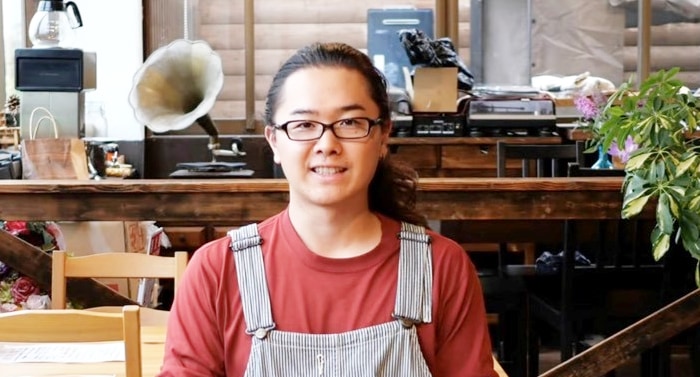
復興を志す 01
自分が次の世代に、この美味しさを残す。ファーマーそして農チューバーという挑戦。
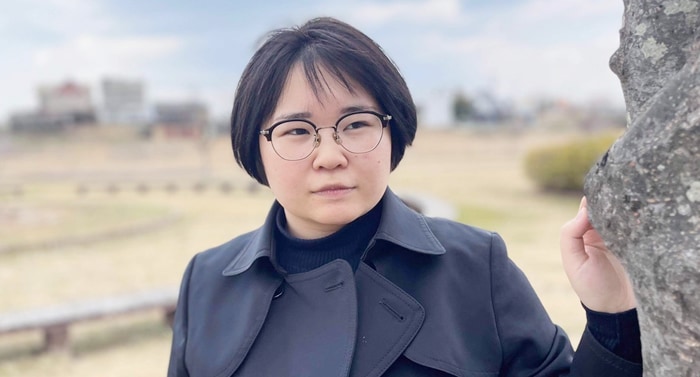
復興を志す 02
海外で得た「福島プライド」を、未来を担う子どもたちに伝えたい、育てたい。
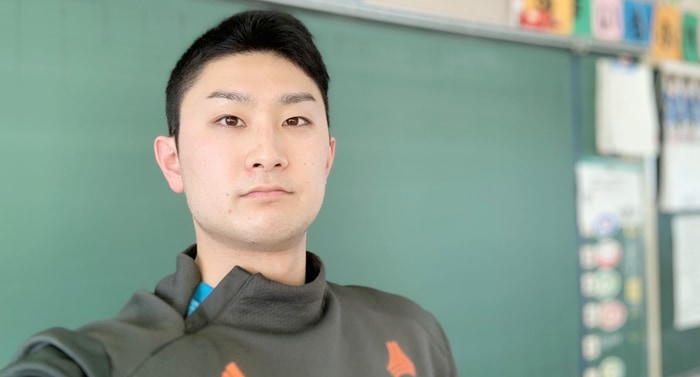
復興を志す 03
教える立場になった今、一番大切にしていること。「心を理解しようとすること」
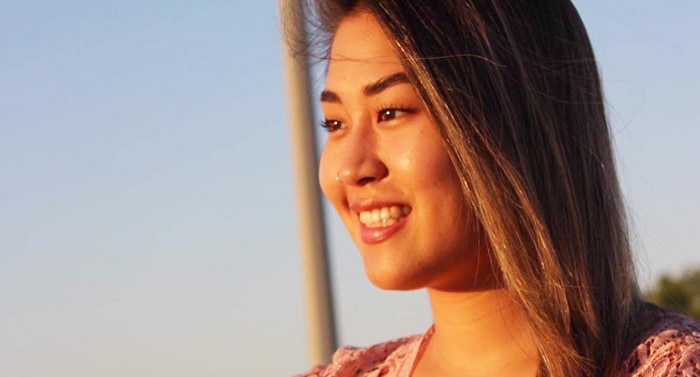
復興を志す 04
ドバイから、世界に通用する福島出身の日本人になりたい。
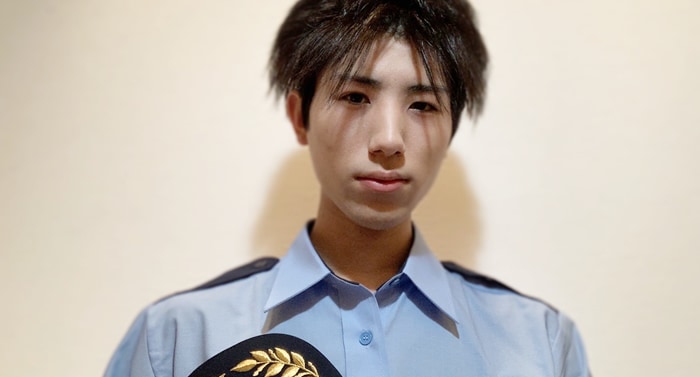
復興を志す 05
命が助かったからには、少しでも復興に役立つ大人になりたい
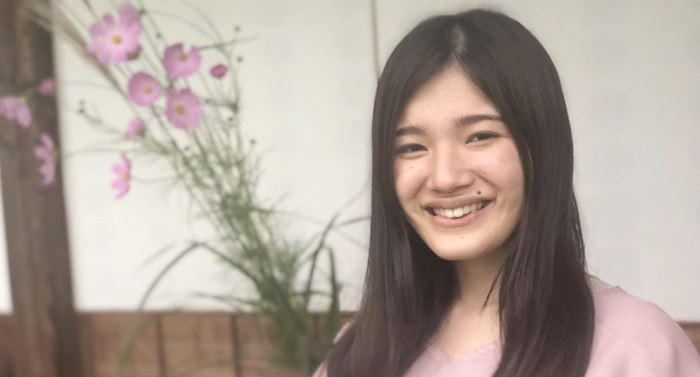
復興を志す 06
大人になった私が、今度は、地元・栗原の子ども達を応援したい
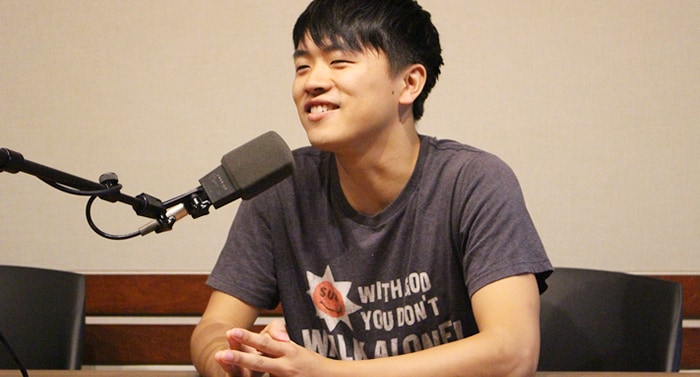
復興を志す 07
『恩送り』という、恩返しのカタチ。
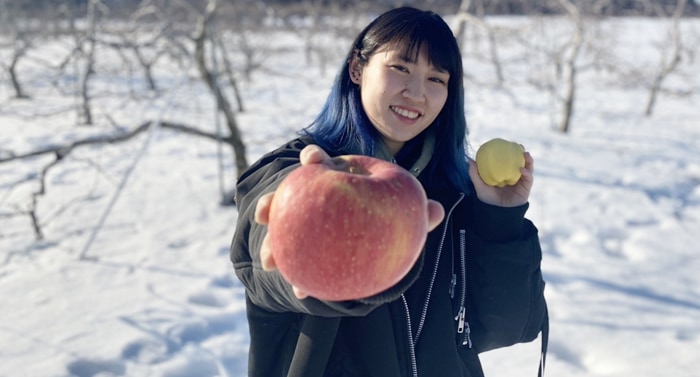
復興を志す 08
震災後の「あたりまえ」は、復興の軌跡
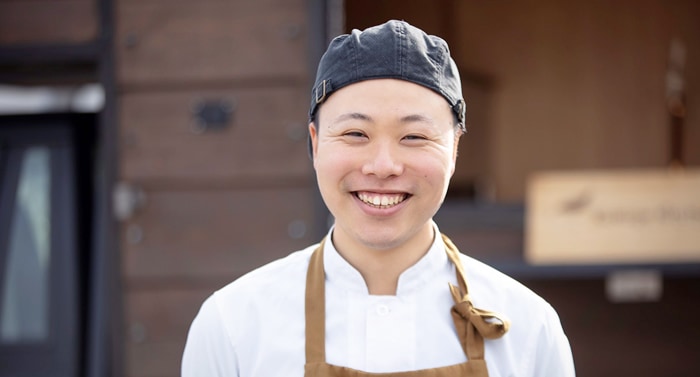
復興を志す 09
